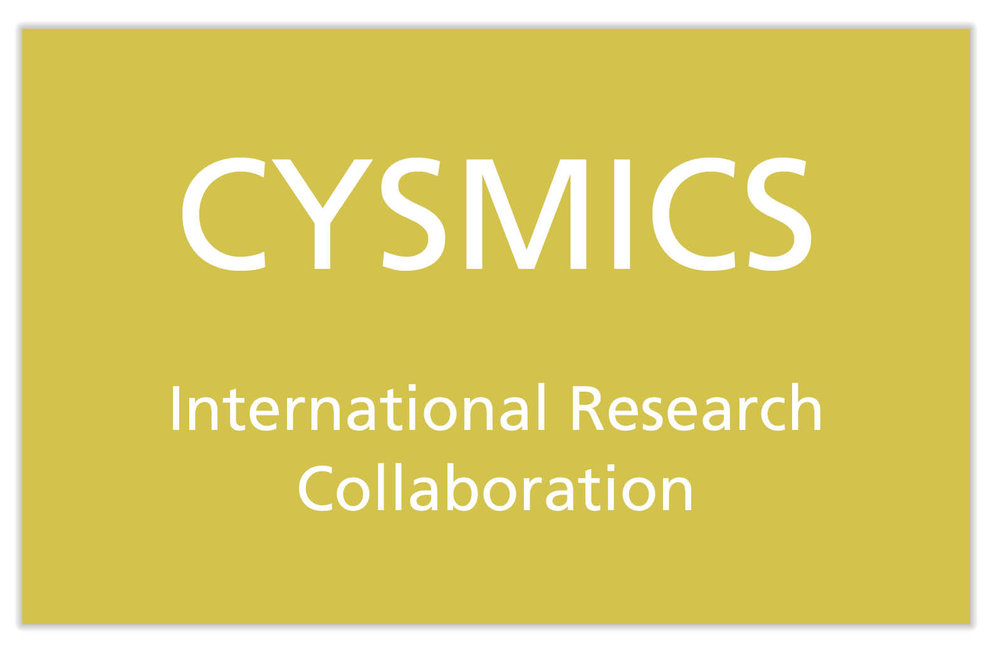News
International Research Collaboration: Cybersecurity meets Artificial Intelligence
New joint research centre CYSMICS for artificial intelligence (AI) and machine learning by TU Darmstadt and University of California, San Diego
As attackers have increasing incentives to attack machine learning algorithms, cybersecurity researchers have to develop new defences throughout all layers of IT system: algorithm design, software, and underlying hardware. Moreover, as popularity in AI spikes and competition rapidly grows, protection of Intellectual Property (IP) for pre-trained machine learning models is of unprecedented importance. The rise of embedded and IoT (Internet of Things) devices poses an additional challenge to the development of lightweight secure systems powered by machine learning.

Researchers from different areas of expertise have to collaborate and join their knowledge to provide all-embracing solutions for current global cybersecurity threats. In the new CYSMICS centre, two renowned cybersecurity and machine learning research institutions collaborate. CYSMICS is a joint effort between the Cybersecurity Research Centre (CYSEC) at TU Darmstadt, Germany, and the Centre for Machine-Integrated Computing & Security (MICS) at UC San Diego, US.
“Global responsibility comes with global responsibility: AI and machine learning are increasingly infiltrating our IT systems and confronting many cybersecurity and privacy challenges that we want to address in our shared CYSMICS lab, a symbiosis of cybersecurity and AI researchers.” CRISP-researcher Ahmad-Reza Sadeghi, Professor of System Security at Technische Universität Darmstadt.
“The joint lab will tackle the increasingly more complex security and privacy problems with increasing attack surface in the new era of rapid integration of AI in in our computer systems.” Tara Javidi, Professor of Electrical and Computer Engineering at University of California, San Diego.
Projects of CYSMICS are for example privacy-preserving machine learning, protection of machine learning IP by watermarking and fingerprinting, security of autonomous embedded systems, or protection of large networks of devices in the IoT.
The centre celebrates its start with a kick off event on February 28 in San Diego, US, with speakers from academia as well as from influential industry R&D divisions, e.g. Intel AI research and Google Brain.
show all news
